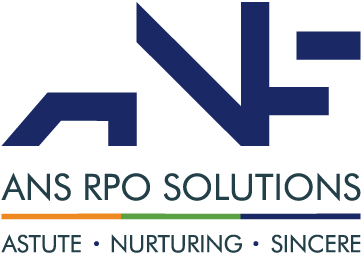The manufacturing sector stands at the intersection of innovation and precision, yet the industry grapples with a persistent challenge: the widening skill gap. Navigating this concern requires a strategic approach that not only addresses immediate hiring needs but also lays the foundation for a skilled and resilient workforce. In this exploration of manufacturing staffing, we delve into the crucial aspects of addressing skill gaps, utilizing Recruitment Process Outsourcing (RPO), and gaining insights into the industry’s outlook.
Addressing Skill Gaps:
In the rapidly evolving landscape of manufacturing, skill gaps pose a substantial hurdle. The advancement of technologies, such as automation and the Industrial Internet of Things (IIoT), demands a workforce with a unique blend of traditional manufacturing skills and digital literacy. Identifying and addressing these skill gaps requires proactive measures, including upskilling programs, collaboration with educational institutions, and a deep understanding of the evolving skill sets demanded by modern manufacturing processes.
Industry Outlook:
A critical component of addressing skill gaps is gaining insights into the industry’s future. Manufacturing is undergoing a profound transformation marked by smart technologies, sustainability initiatives, and a renewed focus on agility. Understanding these trends helps in forecasting the skills that will be in demand. Manufacturers need to not only fill existing gaps but also anticipate future needs, ensuring they stay ahead in a competitive market.
Strategies for Success:
Crafting a successful strategy for bridging the skill gap in manufacturing involves a multi-faceted approach. Establishing partnerships with educational institutions and vocational training programs helps in nurturing a pipeline of skilled talent. Implementing apprenticeship programs and on-the-job training initiatives can bridge the gap between theoretical knowledge and practical skills.
Also Read- Automotive Industry Staffing: Steering Through Challenges
Moreover, embracing diversity and inclusion initiatives can contribute to a more versatile and adaptive workforce. By fostering an inclusive workplace culture, manufacturers can attract talent from diverse backgrounds, enriching the industry with a range of perspectives and skill sets.
Utilizing RPOs for Strategic Staffing:
Recruitment Process Outsourcing emerges as a game-changer in the quest to bridge skill gaps in manufacturing. Top-tier RPO providers, like ANS RPO Solutions, specialize in aligning recruitment strategies with industry needs. These RPOs bring a wealth of experience in crafting tailored solutions, from strategic talent planning to efficient candidate sourcing. By leveraging RPO expertise, manufacturing businesses can ensure they have access to a pool of skilled candidates who not only meet current requirements but are also adaptable to the evolving needs of the industry.
In conclusion, tackling the skill gap in manufacturing requires a holistic and forward-thinking approach. By proactively addressing current gaps, leveraging RPO expertise, and staying attuned to industry trends, manufacturers can build a workforce that not only meets the demands of today but is also poised to thrive in the dynamic landscape of tomorrow’s manufacturing sector.


